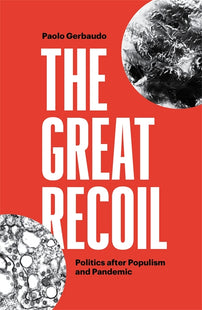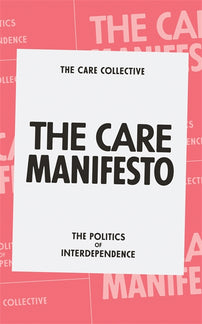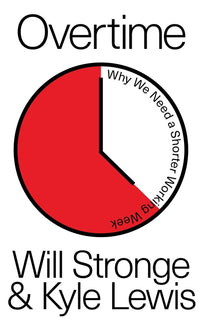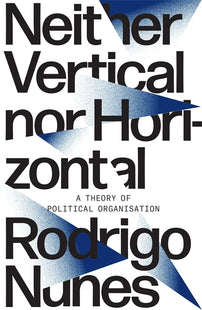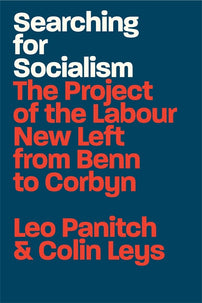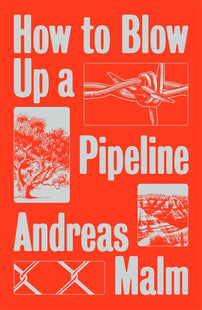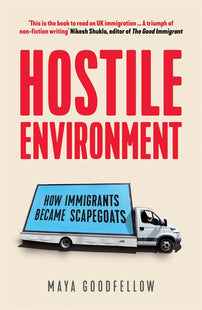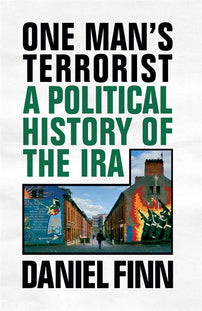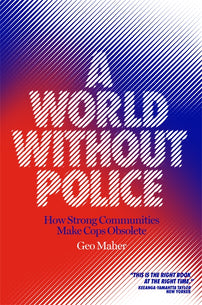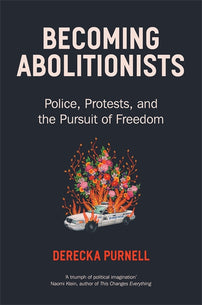Verso x The World Transformed 2021
10 essential books for building a socialist future, all 50% off!

We're really excited to be partners of The World Transformed festival again this year. See the full programme here. To celebrate, we're offering 50% off our special TWT2021 reading list. See our 10 essential books for building a socialist future below!
*Sale ends 10th October, 23:59 BST.
If you are attending the festival in person, don't forget to pop along to the Verso Breakfast Book Club. Grab your breakfast and come along at 10:30am for an informal discussion with the authors of key upcoming titles about their book.
First up: Sunday 26th Sept, 10:30am @ Old Steine Gardens
Overtime: Why We Need a Shorter Working Week - Will Stronge and Kyle Lewis
As precarity and low pay become further embedded in the job market, at a time when work-related stress and exhaustion are endemic, it is clear that a new, radical approach to employment is required. In Overtime: Why We Need A Shorter Working Week, Kyle Lewis and Will Stronge identify a powerful and practicable response to these worrying trends: the shorter working week.
More details to be announced soon!
[book-strip index="1" style="buy"]In these times of health emergency, economic collapse, populist anger and ecological threat, societies are forced to turn inward in search of protection. Neoliberalism, the ideology that presided over decades of market globalisation, is on trial, while state intervention is making a spectacular comeback amid lockdowns, mass vaccination programmes, deficit spending and climate planning. This is the Great Recoil, the era when the neo-statist endopolitics of national sovereignty, economic protection and democratic control overrides the neoliberal exopolitics of free markets, labour flexibility and business opportunity.
[book-strip index="2" style="buy"]The Care Manifesto puts care at the heart of the debates of our current crisis: from intimate care--childcare, healthcare, elder care--to care for the natural world. We live in a world where carelessness reigns, but it does not have to be this way.
[book-strip index="3" style="buy"]This urgent and timely book shows what a shorter working week means in the context of capitalist economies and delves into the history of this idea as well as its political implications. Drawing on a range of political and economic thinkers, Lewis and Stronge argue that a shorter working week could build a more just and equitable society, one based on collective freedom and human potential, providing scope for the many to achieve a happier, more fulfilling life.
[book-strip index="4" style="buy"]Nunes redefines the terms of organisational theory, and argues that organisation must be understood as always supposing a diverse ecology of different initiatives and organisational forms. Drawing from a wide array of sources and traditions Nunes develops a grammar that eschews easy oppositions between ‘verticalism’ and ‘horizontalism’, and offers a fresh approach to enduring issues like spontaneity, leadership, democracy, strategy, populism, revolution, and the relationship between movements and parties.
[book-strip index="5" style="buy"]Jeremy Corbyn’s rapid ascent to the leadership of the Labour Party, driven by a groundswell of popular support particularly among the young, was met at the time by a baffled media. Just where did Jeremy Corbyn come from? In Searching for Socialism, Leo Panitch and Colin Leys argue that it is only by understanding Corbyn's roots in the Bennite Labour New Left’s long struggle to transcend the limits of ‘parliamentary socialism’ and democratise the party, as a precondition for democratising the state, can you understand his surge to become leader of the party.
[book-strip index="6" style="buy"]In this lyrical manifesto, noted climate scholar (and saboteur of SUV tires and coal mines) Andreas Malm makes an impassioned call for the climate movement to escalate its tactics in the face of ecological collapse. We need, he argues, to force fossil fuel extraction to stop—with our actions, with our bodies, and by defusing and destroying its tools. We need, in short, to start blowing up some oil pipelines.
[book-strip index="7" style="buy"]From the 1960s the UK’s immigration policy—introduced by both Labour and Tory governments—has been a toxic combination of racism and xenophobia. Maya Goodfellow tracks this history through to the present day, looking at both legislation and rhetoric, to show that distinct forms of racism and dehumanisation have produced a confused and draconian immigration system.
[book-strip index="8" style="buy"]One Man’s Terrorist explores the relationship between the IRA, a clandestine army described as ‘one of the most ruthless and capable insurgent forces in modern history’, and the political movement that developed alongside it to challenge British rule. From Wilson and Heath to Thatcher and Blair, a generation of British politicians had to face an unprecedented subversive threat whose reach extended from West Belfast to Westminster.
[book-strip index="9" style="buy"]Persuasively argued and lyrically charged, A World without Police offers concrete strategies for confronting and breaking police power, as a first step toward building community alternatives that make the police obsolete.
[book-strip index="10" style="buy"]AVAILABLE FOR PREORDER
In this extraordinary, revelatory memoir, Derecka Purcell recounts her own path towards abolitionism. Purnell confronts the history of police as a means to capture runaway slaves and uphold white supremacy, to the over-policing and murder of Black people in today's cities. A revolutionary book about the hope for freedom, Becoming Abolitionists will inspire readers to imagine and create new communities that can guarantee safety, equality, and real justice for all.
